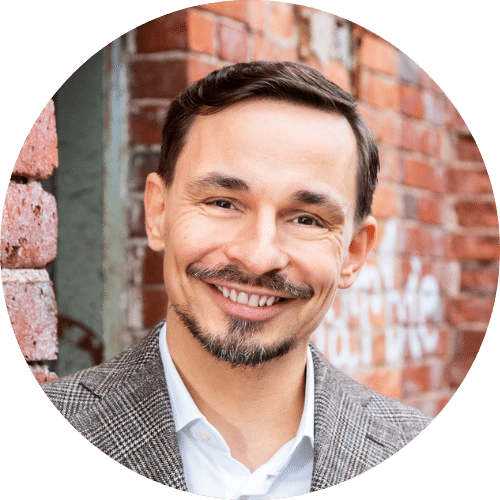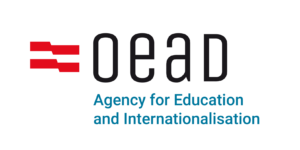Europe Talks Solidarity Conference of 2022
The conference facilitated dialogues around the understanding of solidarity in Europe, gathering experts that challenge its understanding of the youth sector and offer an overview of it.
During our Europe talks Solidarity conference we discussed these topics
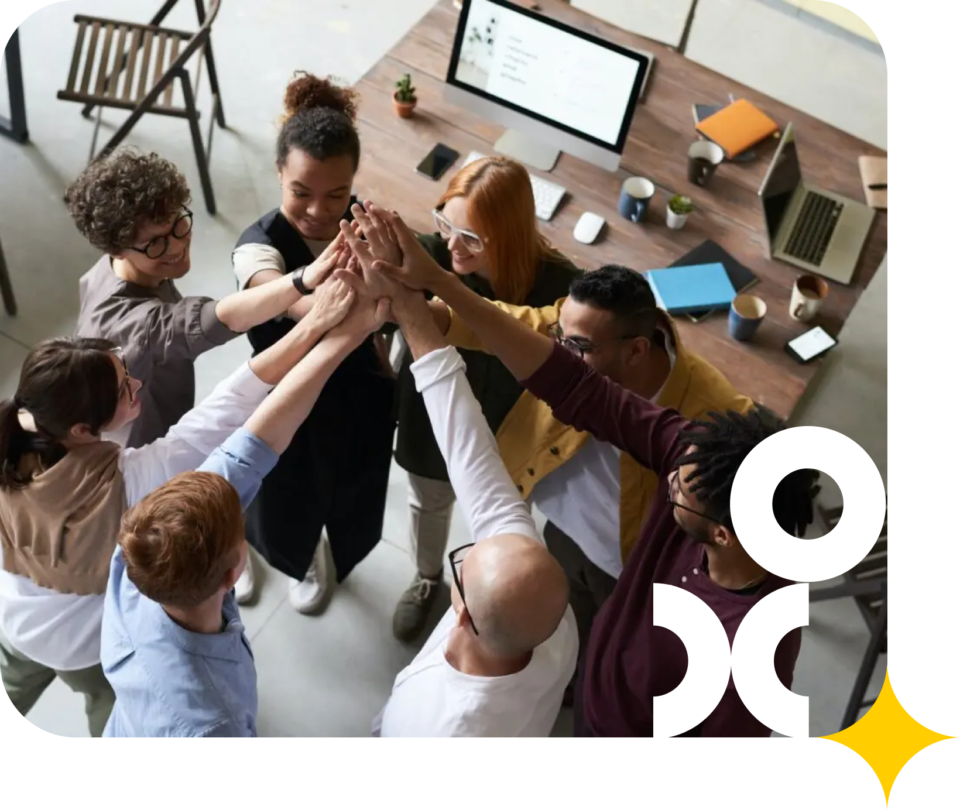
Challenging solidarity
Perspectives on solidarity in 2022
Solidarity in 2030: what’s next?
Take a look at our agenda
Challenging solidarity
We have with us: Teppo Eskelinen and Ozgehan Senyuva and together we will look at the current situation on solidarity in Europe and lay the basis for the discussions in the conference.
Perspectives on solidarity in 2022
How is 2022 for you? But what about solidarity in 2022? We will delve into a variety of perspectives on solidarity. What does it look like from the inclusion point of view? How about when it comes to climate change and other global challenges?
Solidarity in 2030: what's next?
Back to the future, how do you envision solidarity in 2030? And what it is next?
Let’s look at the future perspectives of solidarity. We will focus on the human experience of living with other people, the forces and dynamics that challenge solidarity today and where opportunities can be seen. The session will also delve into solidarity in the EU – its legal basis in the Treaties, in what contexts and policy fields it has been used so far, and how it links to the integration process. We have with us Tommi Laitio, inaugural Bloomberg Public Innovation Fellow at Bloomberg Center for Public Innovation at Johns Hopkins University, USA and Sophie Pornschlegel, Senior Policy Analyst at the European Policy Centre.
Meet our
guestspeakers
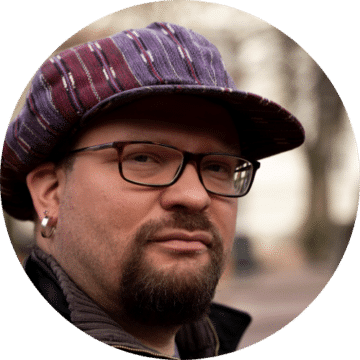
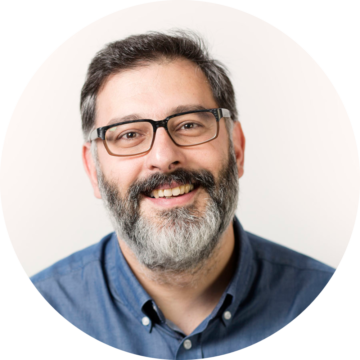
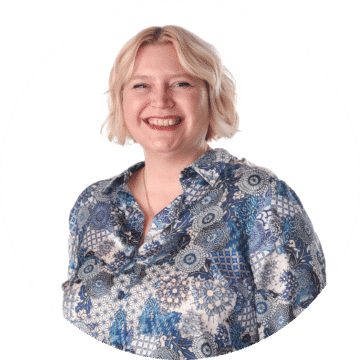
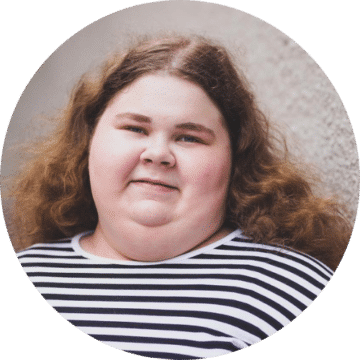
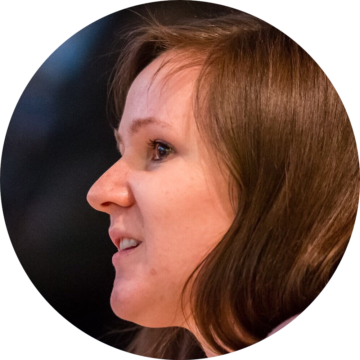
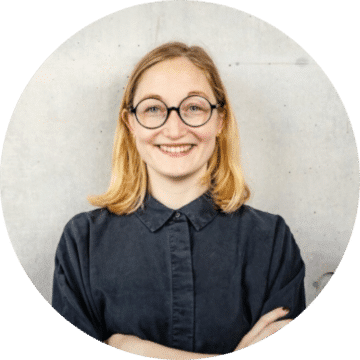
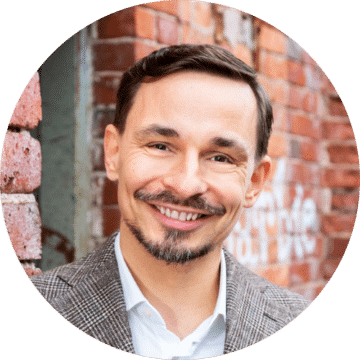
Teppo Eskelinen
Teppo Eskelinen is philosopher and social scientist, currently working as senior lecturer in social sciences at the University of Eastern Finland, where he teaches in the international bachelors programme in social sciences. His research work covers topics such as social justice, democracy, civil society, development, and political economy.
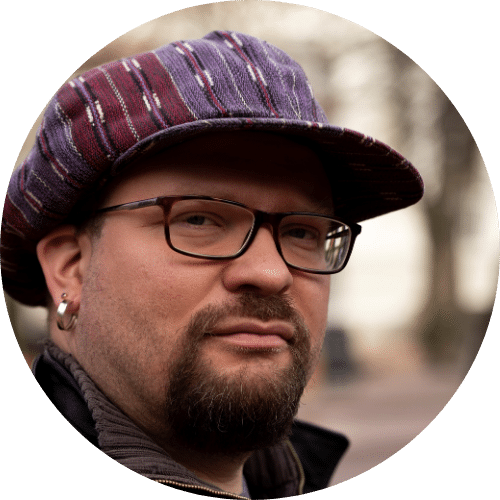
Özgehan Senyuva
Özgehan Şenyuva is an Associate Professor in the International Relations Department at Middle East Technical University, Ankara, where he works extensively on youth, public opinion, Turkey-European relations and the politics of European football. He has extensive experience in research projects, and was the principal investigator for the FREE: Football Research in an Enlarged Europe (free-project.eu), a pioneer FP7 project that was completed in 2015.
He was also part of the FP7 SAHWA project (Researching Arab Mediterranean Youth: Towards a New Social Contract) (sahwa.eu), publishing numerous policy papers, reports and articles on Arab-Mediterranean Youth. He was one of the principal investigators of a large scale Horizon 2020 research project: FEUTURE – The Future of EU-Turkey Relations: Mapping Dynamics and Testing Scenarios (feuture.eu). He worked for more than two decades as a youth worker/trainer and comes from learning mobility field. He is a steering group member of European Platform on Learning Mobility.
He has published numerous research and opinion articles, book chapters and a book on youth work and learning mobility. Most recently he has contributed to the two Youth Knowledge books; Thinking seriously about youth work and how to prepare people to do it and Learning mobility, social inclusion and non-formal education available for download at Youth Partnership web site.
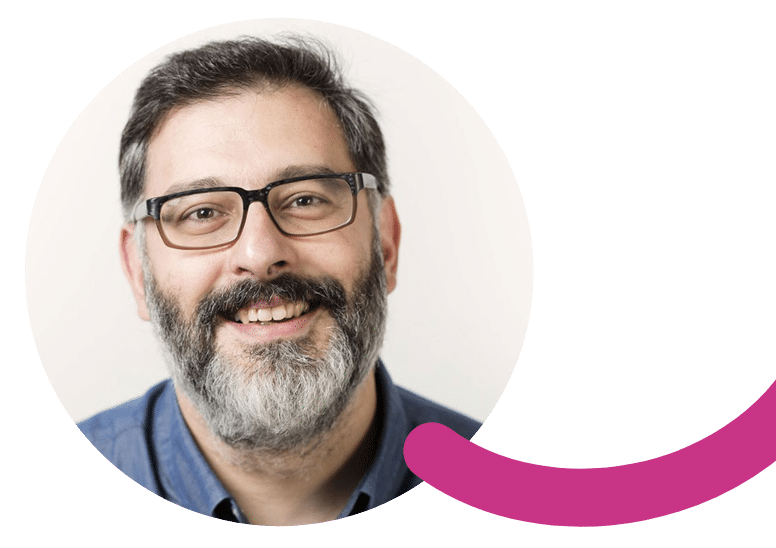
Anna Litewka-Anttolainen
Anna Litewka-Anttolainen has a MA in Polish and Classical Studies, and European Integration postgraduate studies from Adam Mickiewicz University in Poznan, Poland as well as a MA degree in Cultural Production in Creative Industries from Oulu University of Applied Sciences. She is a humanist and cultural producer actively involved in actions for diversity, migrant inclusion and cultural equity in the arts and culture sector. She is especially interested in projects aimed at developing a new, innovative and creative approach to promote diversity and intercultural dialogue as well as developing strategic collaboration between local cultural institutions and different immigrant associations, youth from immigrant backgrounds and their communities. She has also worked widely in film and media education as lecturer, facilitator and cultural producer. Anna is a chairperson of the Immigrants Council of the city of Oulu, Finland. Currently Anna Litewka-Anttolainen works as a training officer at the Peace Education Institute where she develops projects related to youth equality, solidarity, dialogue, inclusion and cultural diversity.
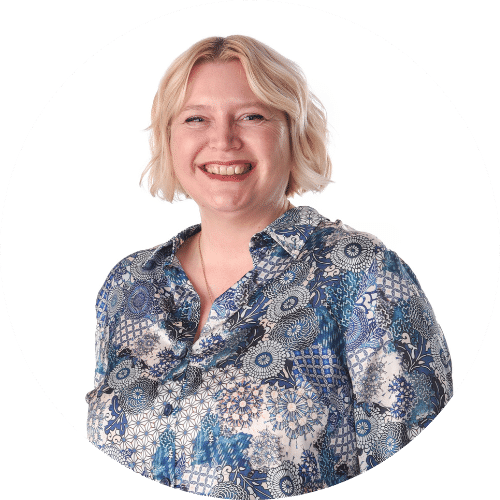
Sara Nyman
Sara Nyman is a 22 year-old climate activist and youth inclusion expert from Finland. She has worked as a youth climate delegate and a member of the board of the Allianssi, the Finnish National Youth Council. Sara is studying political history at the University of Turku. She is the Director of Turku Young Greens, Finland.
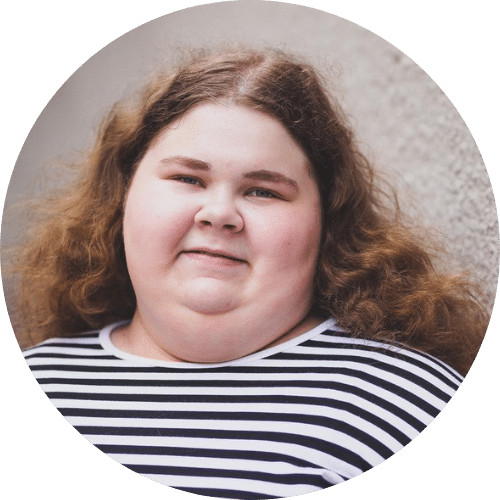
Jekatyerina Dunajeva
Dr. Jekatyerina Dunajeva defended her PhD in Political Science at the University of Oregon in 2014. She is currently a research fellow at the Hungarian Academy of Sciences’ Institute for Political Science, an assistant professor of political science at Pázmány Péter Catholic University and a senior researcher at PPMI (policy institute).
Dr Dunajeva is an experienced researcher, policy analyst and consultant, who has worked extensively with various aspects of inclusion at local and regional levels. Dr Dunajeva’s topics of research range from vulnerable youth in Europe, Roma integration and education, youth politics and well-being, human rights, minority inclusion and intercultural development, to questions of state and nation building, as well as politics of Hungary and Russia. In addition, Dr Dunajeva has considerable experience in the non-profit and civil society sectors. She is the author of the book “Constructing Identities over Time” (CEU Press, 2021), and her research has been published in multiple book chapters and peer-reviewed journals.
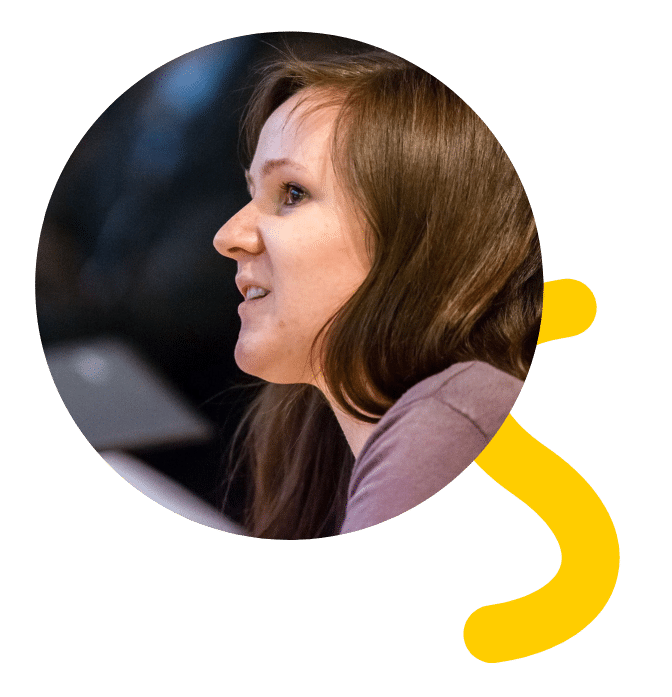
Sophie Pornschlegel
Sophie Pornschlegel is a Senior Policy Analyst at the European Policy Centre, covering French and German EU policy, rule of law and civil society. She also teaches at Sciences Po Paris. In 2020/2021, she conducted research on EU solidarity in the Covid-19 crisis in the framework of the Charlemagne Prize Fellowship.
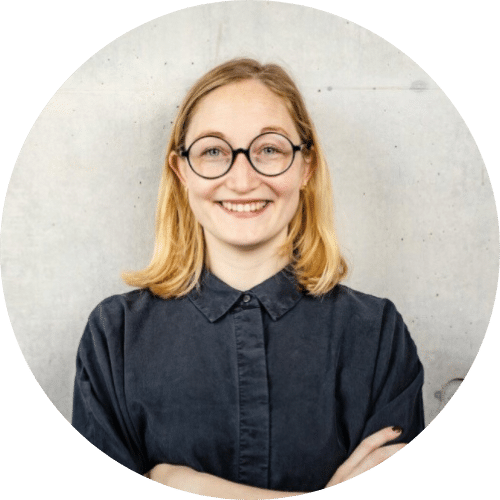
Tommi Laitio
Tommi Laitio is the inaugural Bloomberg Public Innovation Fellow at Bloomberg Center for Public Innovation at Johns Hopkins University. The fellowship offers accomplished public sector practitioners the space and time to reflect on their experience and actively contribute to public sector knowledge and practice. Laitio joined Helsinki’s city government as Director of Youth Affairs and was later elected as the first Executive Director of Culture and Leisure to merge seven departments and deliver 20 million resident experiences with a team of 1800 professionals and a budget of $270M USD. The department has won international and national awards for innovations in youth employment, public libraries, citizen engagement, cultural access, covid-19 response and increasing physical activity. Laitio’s contributions to serving his country were recognized in 2021 with the medal for Knight First Class of the Order of the White Rose of Finland. Before joining the city, he ran the media and youth program for the European Cultural Foundation in Amsterdam, worked on sustainable lifestyles and democratic innovation at think tank Demos Helsinki and as a journalist for Finland´s leading daily newspaper. He holds an MA in Political Science and an Executive MBA. He lives in Baltimore with his husband.
